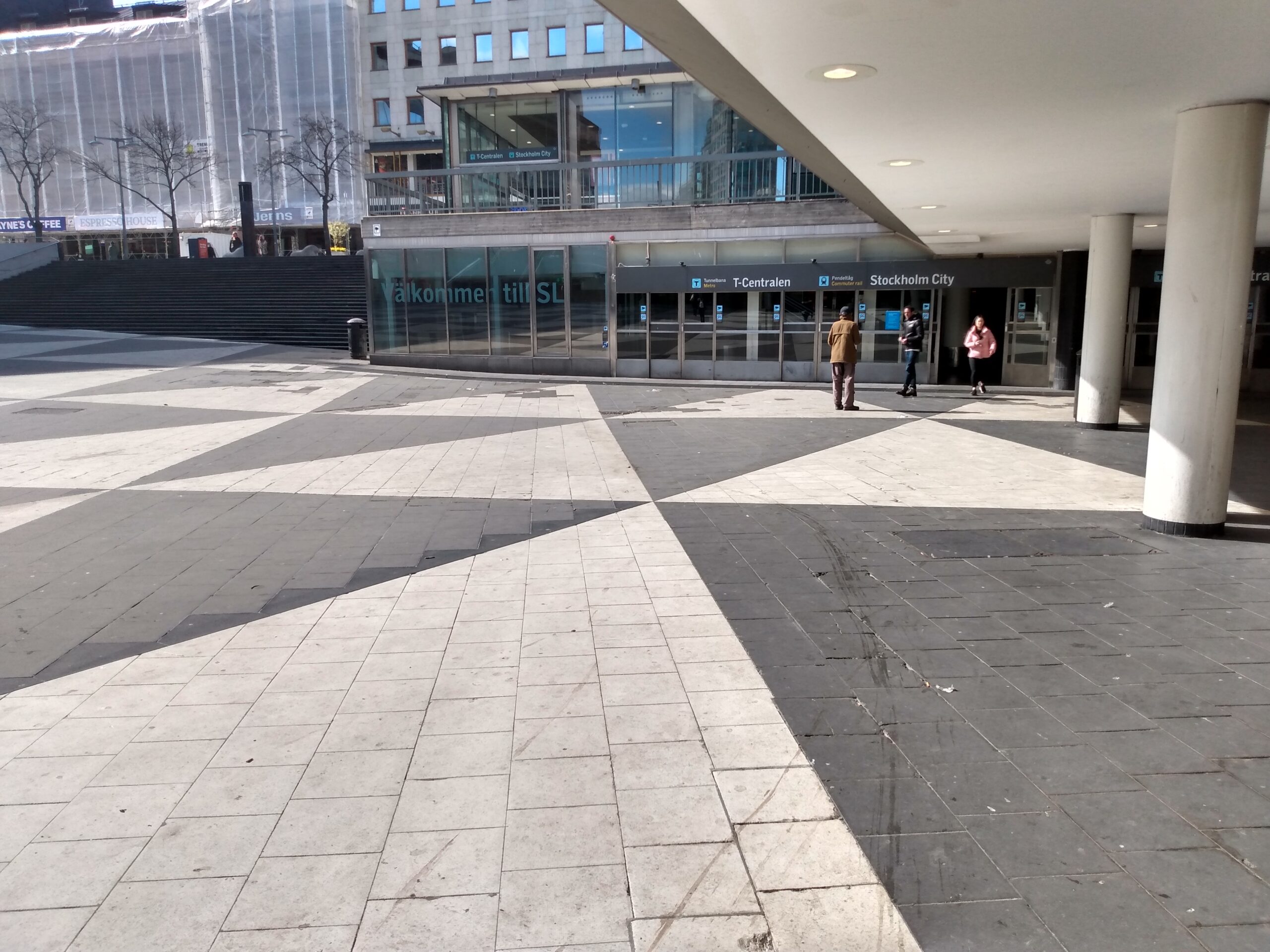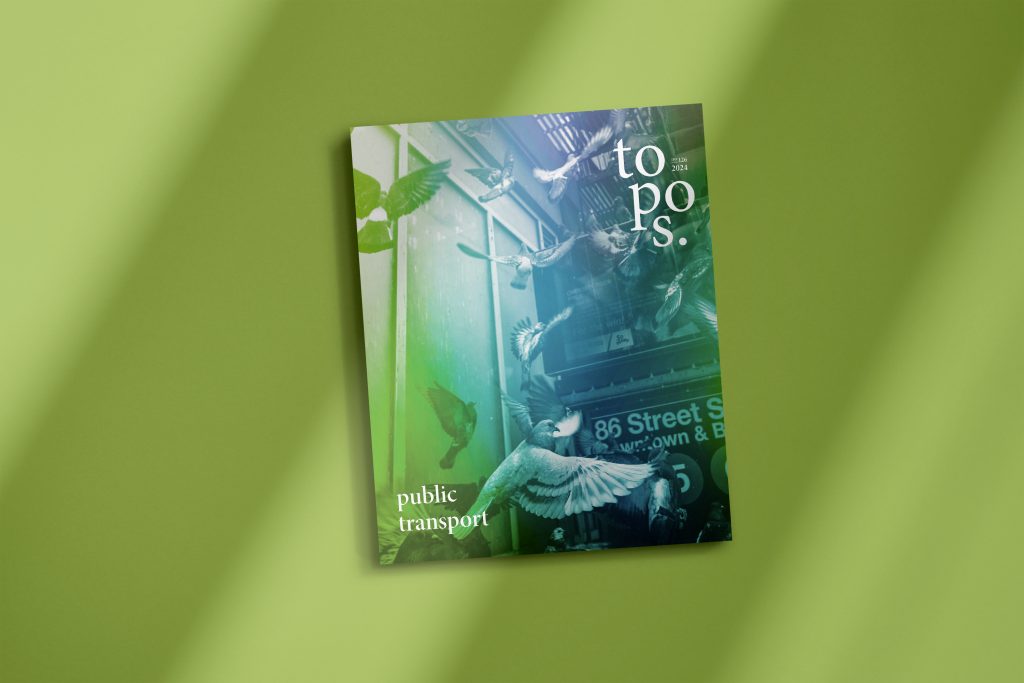
When recommendations generate societal fragmentation – Sweden maybe politically correct but does it play Russian roulette with an epidemic virus?
Billboard
Skyscrapper
Halfpage
Due to covid-19, the website of the daily Swedish newspaper “Dagens Nyheter” is now for free until 1st of June. The site provides an interactive map service that shows the spread of the virus over time. The map looks unbalanced in a way that reminds me of a puzzle. If you change the cursor, you will see a red color which over time grows increasingly larger, spreading all over the image showing the Swedish landscape. It is also possible for the color to highlight the situation in the Scandinavian neighboring countries of Norway, Denmark and Finland. But these do not seem to be as affected by this reddish mess as Sweden. What is going on?
Since mid-March, the overall consensus has been to shut down most of Europe’s societies. This trend is also visible on a global level and it may not be questionable since, after all, a pandemic ravages the world. In several countries such as France, the United Kingdom and Italy, war-like attitudes towards enemy preparedness have been evident in this crisis situation. For example, few could have missed French president Macron’s fiery speech about the importance of fighting this insidious enemy together, of standing united against this threat, which in turn has forced all the French into a spring-long quarantine.
Sweden: take your own personal responsibility in the crisis
What is it that makes Sweden not react in the same way? Here, the restrictions are much milder with open elementary schools and restaurants, with the only real prohibition not to exceed 50 people in places and public gatherings. The Public Health Authority encourages everyone to take their own personal responsibility in the crisis, with the addition of calling for social distancing, as not to forget to wash your hands frequently. We are also urged not to engage in any unnecessary travel and above all not to visit older relatives. Public transport shows signs with information about keeping a distance and calls on you to not beon that bus or train unless you have a socially important function.

Medium Rectangle
Halfpage
How do people respond to the word ‘recommendation’ in the midst of a global crisis?
In response to this and to the contrasting clarity of foreign authorities in dealing with the situation, the Swedish norms seem to be tightening ever harder and also stifling the Swedes’ trust in the authorities. And rightly so, because how do people respond to the word recommendation in the midst of a global crisis? Rules may give a sense of how political power is wielded, but it can also generate security, respect and a confidence in strong leadership, qualities much needed in a situation like this.
In Sweden, the lack of distinct rules seems to have led to a general distrust in the Swedish authorities, and foremost the Public health authority. If the restrictions here are milder than in the rest of the world, this may add to the argument that the outgoing information on the situation ought to be well thought out. Last week, to inform about the spread of the infection in Stockholm, the public health authority communicated that with each confirmed case of covid-19, there are a 1000 of undetected cases. That would mean 6 million are carrying the infection in Stockholm alone. Clearly, this inaccurate claim was later withdrawn, but with the damage already made – removing further confidence in the public health authority.
Stockholm – the riskiest place to be in at the moment
The media is also not late to take advantage of the authorities’ actions in this situation, and when a strong fear is aroused, people demand and consume information like never before. Flyers with big headlines flicker by about the “New Corona virus” that spreads like wildfire across the world, causing death by suffocation to both young and old. I work in Stockholm myself – the riskiest place to be in at the moment according to the news and I get there by public transport on a daily basis. By the end of March, streets and squares around the Central Station were deserted and the atmosphere haunting, as if the places had been left behind. This persisted for some weeks.
Skyscrapper
Halfpage

Playing Russian roulette
But over time people get bored. And above all, you do as others do. As the spring sun peeks out after a half-year-long darkness, it becomes irresistible for most Swedes not neglect their self-elected home quarantine. In a trance-like state, they eel out, dismissing the infection as now having hit a plateau, probably even reached its peak. Covid-19 may well take a break, so you can enjoy an ice cream in the sun. However, this seemingly innocent denial is actually more like playing Russian roulette. But it’s easy to seduce yourself now that the whole situation, similar to a bad horror movie, finally feels too bizarre. You just want to press the pause button and experience a better atmosphere, like hanging out with friends at the nearest cafe. And when there’s no clear prohibition…
Division of the community?
Anger, mostly in the form of passive aggression seems to be the prevalent reaction to this behavior. As the mass consciousness of Sweden is very aware of being politically correct, when someone does not conform and break against “the rules” which, not to forget, are actually recommendations, they really get the evil eye upon them, not only from their own social network, but from anyone with access to social media. You speak ill of those who defy the new-established norm and many friendships are put to the test. It can also be argued to be a question of class – that the real victims in the Swedish situation are the low-paid workers who don’t have the choice of working from home in a fancy summerhouse. Could it be that when the superiors do not give strict prohibitions, we set them up between each other, just to channel the tension? If the large mass is not curbed by the authorities, it is indeed the individual who is called upon to take his or her own responsibility, whose personality is being brutally exposed and thus put to the test, in the end even causing a division of the community?
On the right track to recover in an unusually elegant way
In the country acclaiming the virtue of the concepts “just enough” and “common sense”, Sweden’s response can well be seen as rather paradoxical. As stated, compared to most other countries, Sweden has adopted a high-risk model for crisis management in a pandemic with an unknown virus. However, this response might not be so weird after all. In global statistical terms, Sweden is at the top regarding how much money is invested in research and science, as well as the proportion of researchers in relation to population. Sweden is also an extremely secular country – according to the World Values Survey, Sweden is in fact the country in the world that is most unique in terms of secular/ rational values and self-expression. In other words, it may not be a totally unfitting conclusion to argue that the idea of God is pretty much past its prime in this country, in favor of science and hipster culture. Although no one currently can predict the full consequences of this pandemic, it can be seen as refreshing that not all countries follow the same line. One can only hope Sweden is on the right track to recover in an unusually elegant way. What is easier to forecast, however, is how the epidemic suites can leave behind a bitter taste of dissociated community among the people. Not to mention the economic repercussions, although here Sweden cannot be seen as a distinct species.
Experiment of social conditioning
I would assume that when everyone in an entire nation such as France and Germany is forced to self-quarantine, it becomes a little easier for the mass to deal with, since someone, i.e. the state has had the final word. Opposed to this is the Swedish approach of letting everyone handle it themselves – which is a much riskier and at the same time very trusting way of dealing with this phenomenon. Still, for the sake of keeping trust in the authorities and to avoid societal fragmentation, an unknown massive threat may be better addressed by distinct rules rather than guidelines. Before all pieces of this puzzle are laid out, the Swedes might be pushed to the limit in an experiment of social conditioning.












